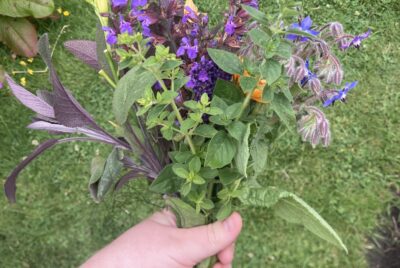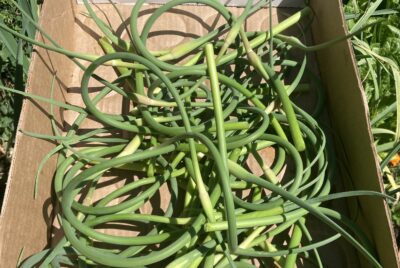RESEARCH
The Mechanisms of Nature-Based Therapy on Depression, Anxiety, Stress, and Life Satisfaction: Examining Mindfulness in a Two-Wave Mediation Model
Summary
This study investigated the underlying mechanisms of nature-based therapy (NBT), specifically focusing on how mindfulness mediates the relationship between NBT and mental health outcomes like depression, anxiety, stress, and life satisfaction. Recognizing the significant impact of the COVID-19 pandemic on global mental health, the research aimed to explore innovative community-oriented interventions. The study employed a two-wave longitudinal design using an autoregressive cross-lagged mediation model. Participants included 276 Korean individuals from vulnerable populations, such as those with poor mental health conditions, the elderly, and students with intellectual disabilities. These participants engaged in a 30-session therapeutic gardening program over 15 weeks, consisting primarily of gardening activities (85%). Data on psychological variables were collected at baseline (T1) and post-intervention (T2) using self-report questionnaires. The analysis utilized structural equation modeling to evaluate the mediating effects of mindfulness.
The study found that NBT significantly improved the mean scores of all assessed psychological variables, indicating a positive impact on mental health. The mediation analysis partially supported the hypotheses, confirming that mindfulness at T2 significantly mediated the relationship between baseline (T1) depression and anxiety and post-intervention (T2) life satisfaction. This suggests that increased mindfulness cultivated during NBT helps alleviate distress and contributes to improved life satisfaction for those experiencing depression and anxiety. However, mindfulness did not significantly mediate the relationship between baseline (T1) stress and post-intervention (T2) life satisfaction. The authors suggest this could be due to other potential mediators, the intervention not specifically targeting active mindfulness, or participants’ baseline stress levels. Limitations included the intervention design, using only two time points for longitudinal analysis, reliance on self-report, and heterogeneity in the sample’s vulnerabilities. Despite limitations, the study highlights the crucial role of mindfulness as a mechanism in NBT for specific mental health outcomes.







